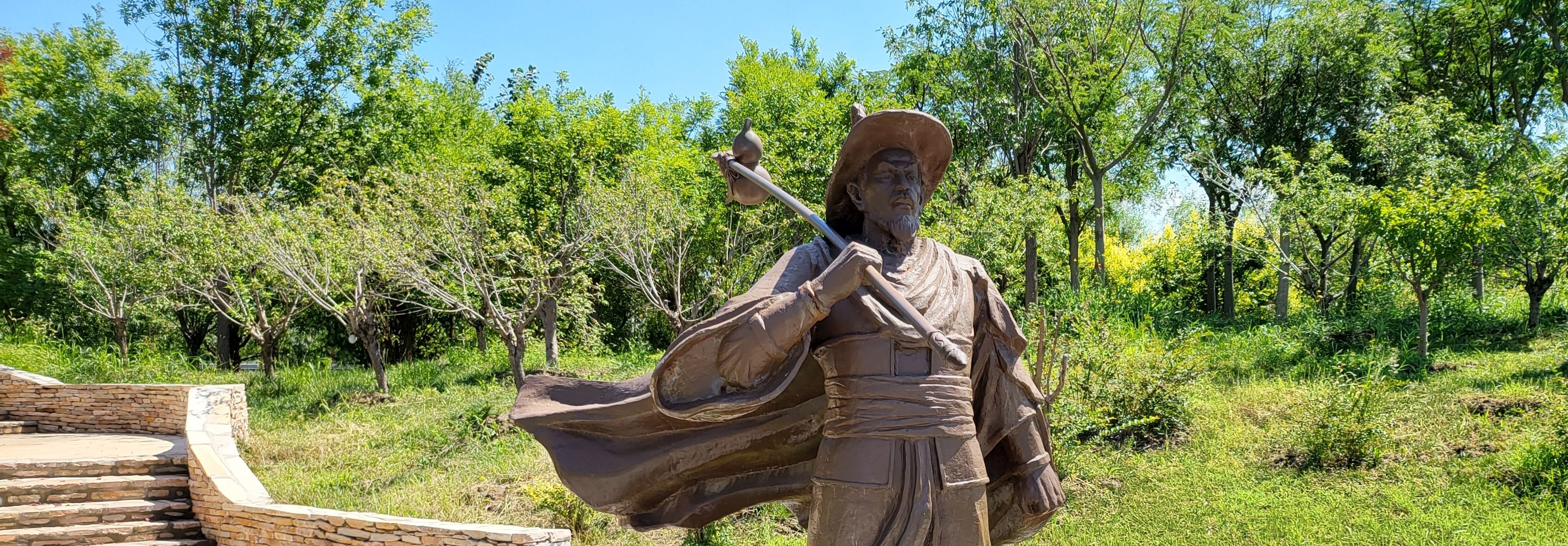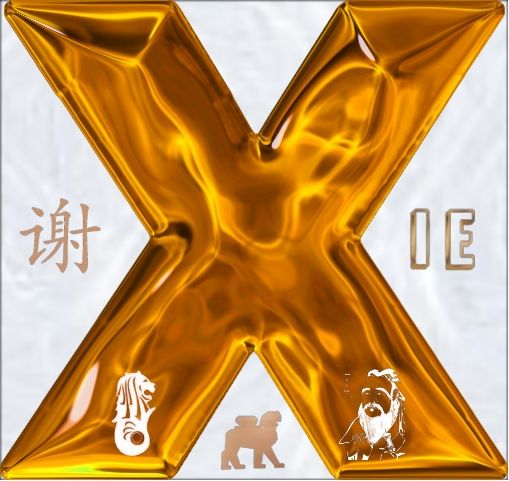The Zhusuan Museum in Taierzhuang
Published: 14.08.2024
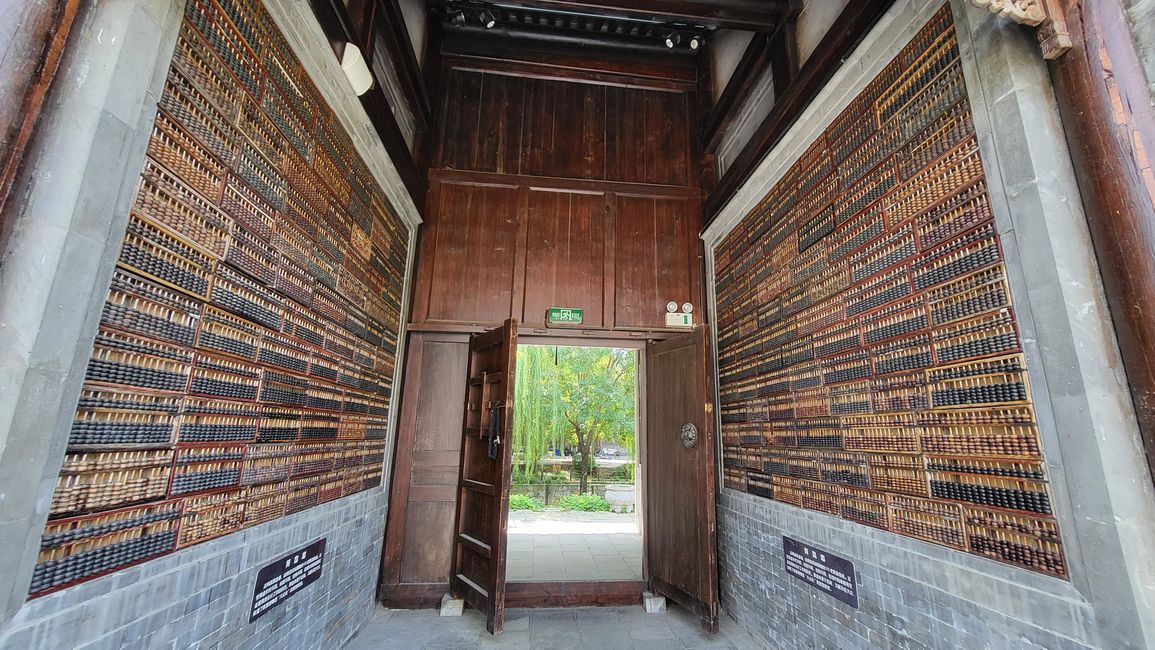
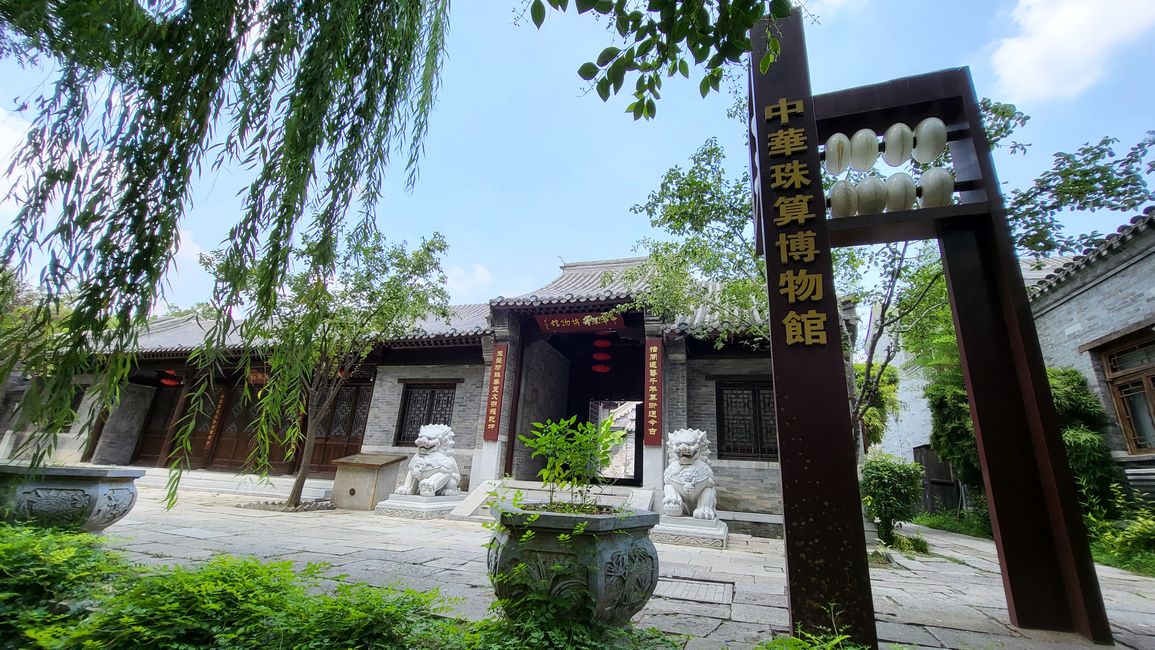
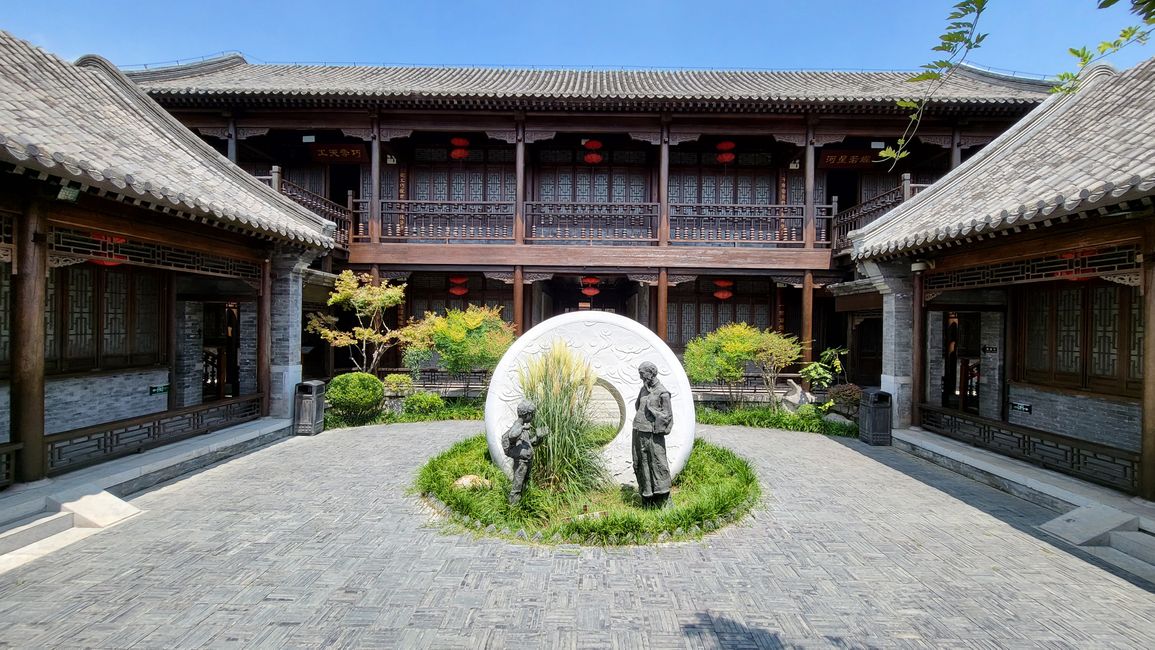
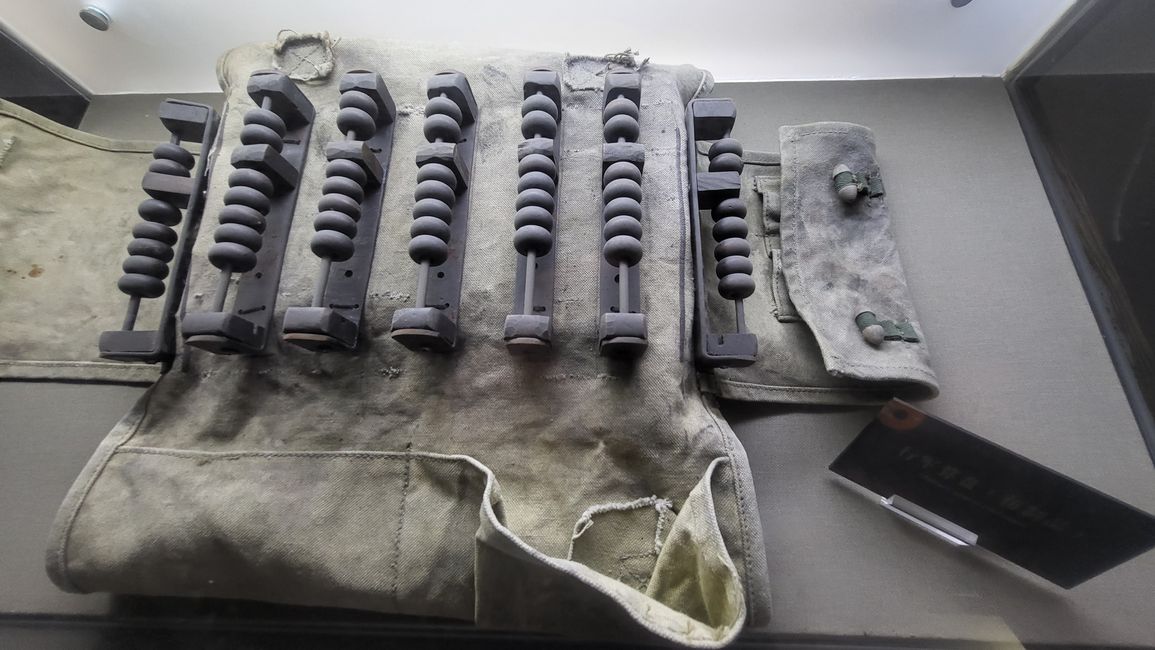
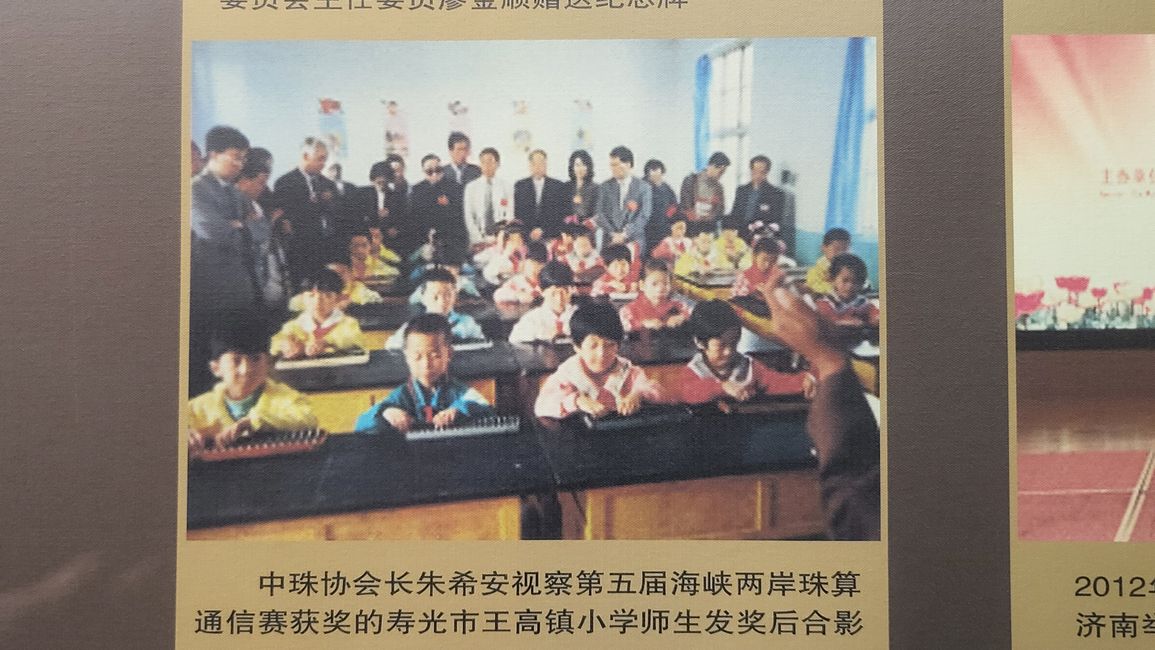
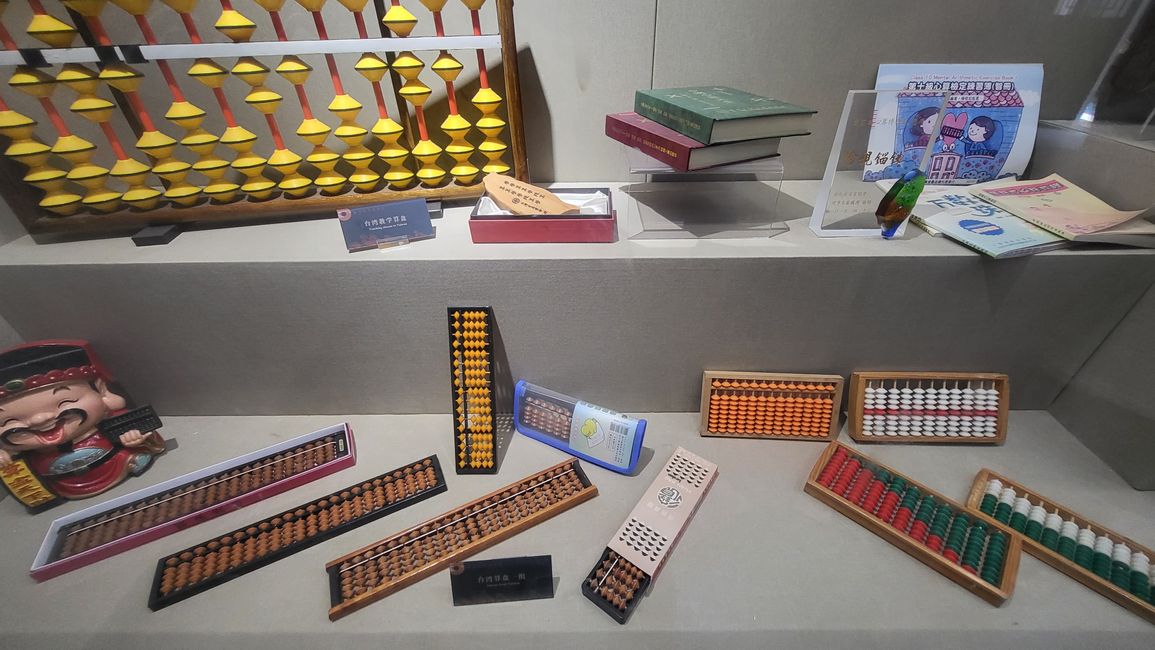
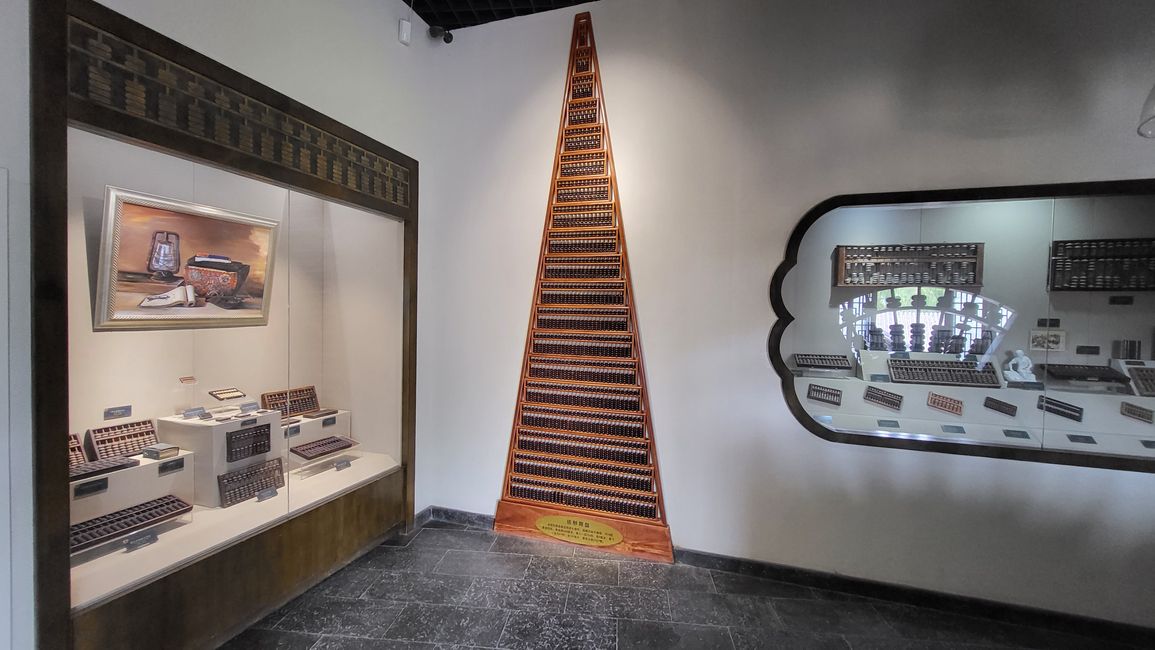
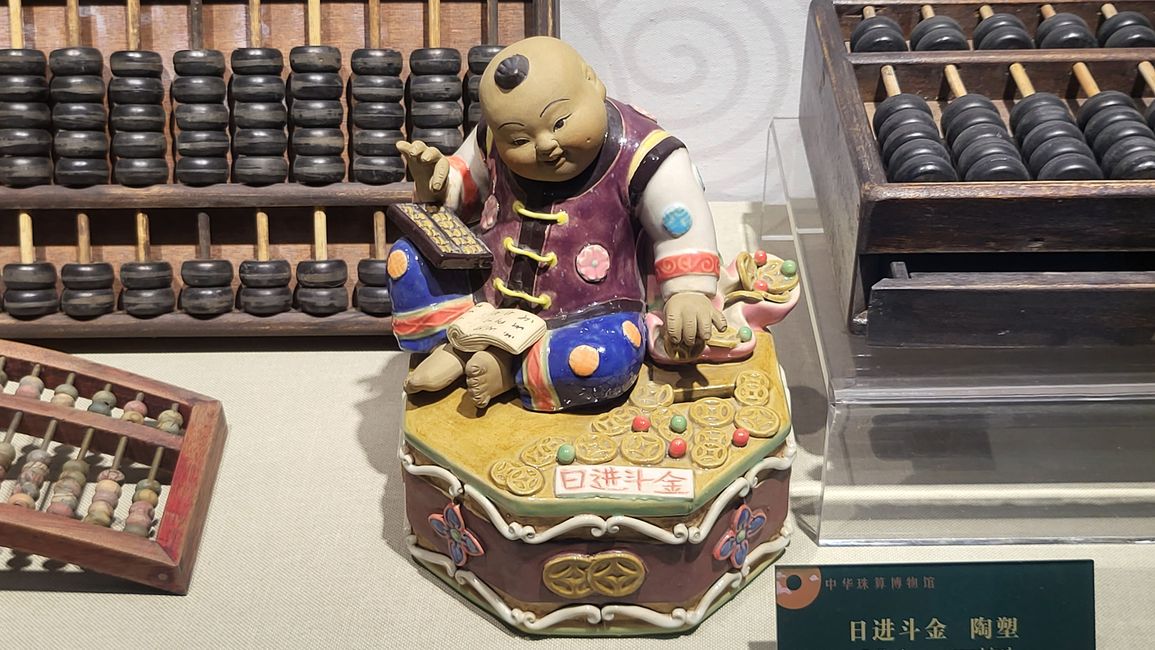
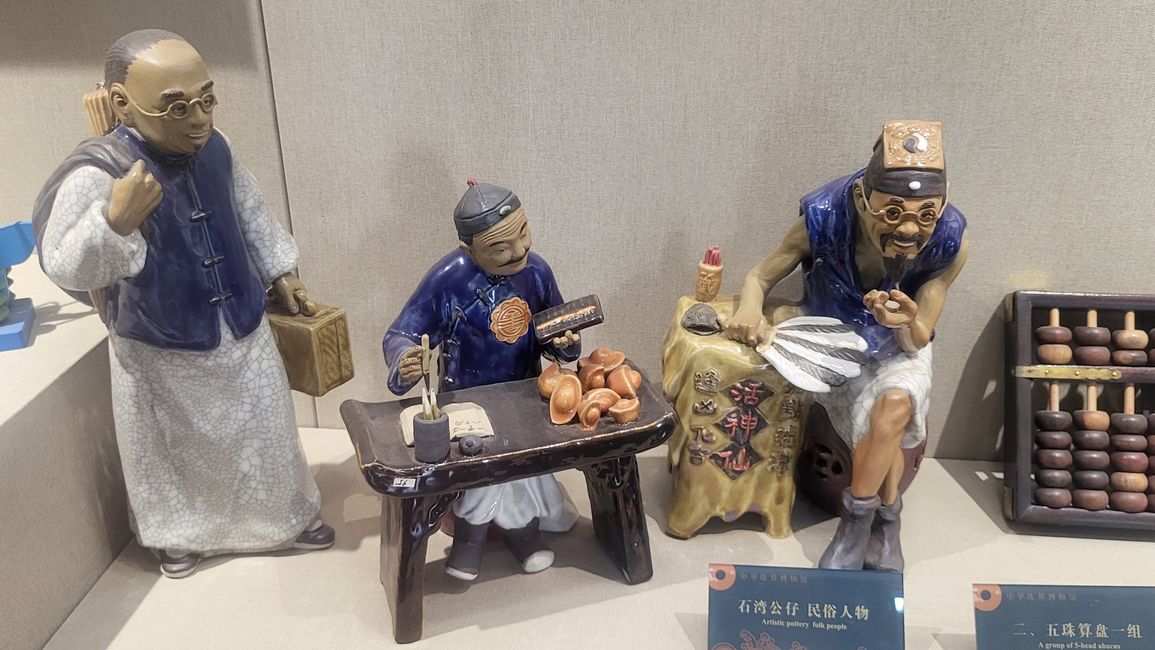
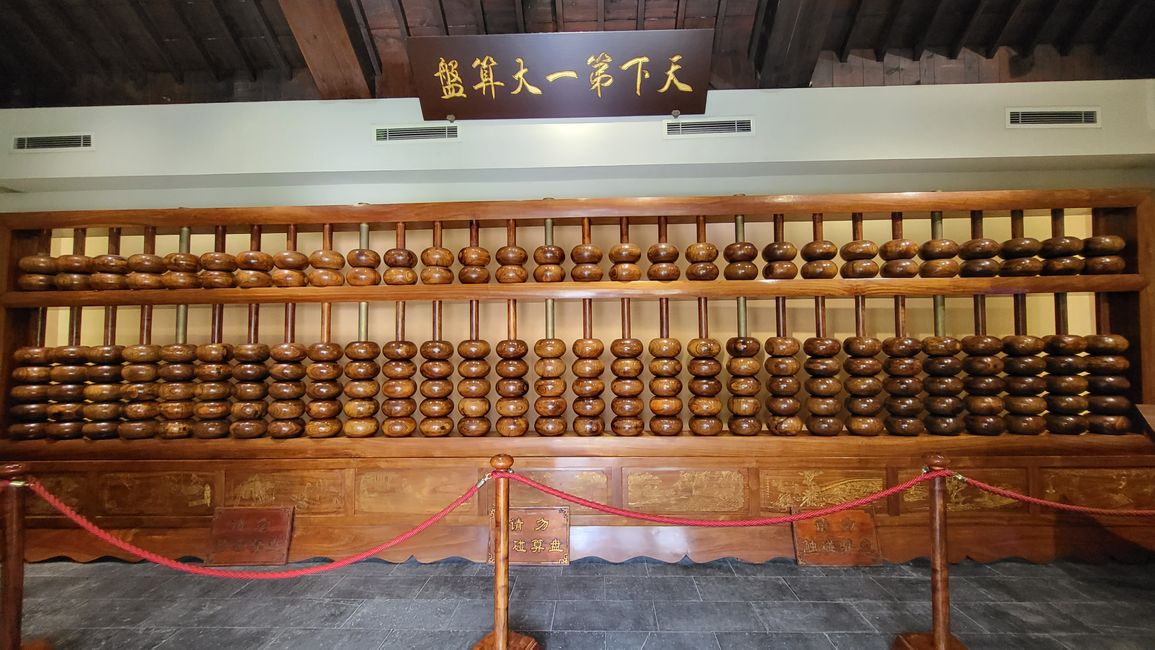
The Zhusuan Museum is located in the former building of the Hengjiyong Bank, the largest bank in Taierzhuang during the early years of the Republic of China. There are five exhibition halls arranged according to the historical development of Zhusuan. From ancient times to the present, visitors can explore the magnificent Chinese Zhusuan culture. While research in Europe traces the origins of the abacus, as Zhusuan is called in Germany, to southern Mesopotamia, this museum describes its development in China. The mathematical application of Zhusuan is a two-thousand-year cultural heritage in China. Historically, Taierzhuang was prosperous with many merchants and important cultural institutions, which is why Zhusuan has played a significant role in economic and social life. The construction of the museum was completed in July 2013.
Mozi (ca. 468 BC - 376 BC) from Kanzhou in Shandong Province was a Chinese scholar who applied the binary system in mathematics, representing the algorithmic basis of Zhusuan.
During the Song and Yuan Dynasties, the practical division and multiplication methods invented by Yang Hui and Zhu Shijie became essential components of Zhusuan. During this time, the term 'Zhusuan' was mentioned by our namesake (and thus probable relative) Xie Chawei in his book 'Xie Chawei's Calculation Book.' Zhusuan was now widely used among the population and achieved significant advancements in principles, methods, and calculation tools during this period. Under the Ming Dynasty, trade and the economy flourished, and Zhusuan spread from China to Korea, Japan, and Thailand.
The museum showcases many forms of Zhusuan, as well as representations in plastic art. Additionally, one can admire one of the largest Zhusuan in the world. It is made of wood, measuring 9 meters long and 2.75 meters high, weighing 5.25 tons, with each bead weighing 5 kg.
Answer

Travel reports China
